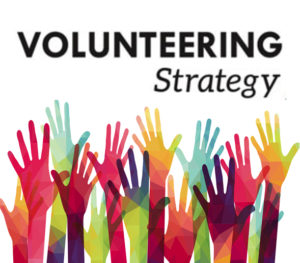
It’s an all too familiar Catch 22 – in order to land the job, you need to already have relevant experience. But how can you get experience without someone taking a chance on you and giving you a job to gain the experience in?
Enter strategic volunteering.
Certified Job and Career Transition Coach Rita Friedman will be presenting a webinar on “Strategic Volunteering and Advancing Your Career,” and has some tips to help you identify the skills you need to strengthen and some practical suggestions for where you can turn to get your hands on the type of work you want to be doing.
Some of the benefits of strategic volunteering beyond building up your skills and expanding your network also include increased confidence, a meaningful connection to your professional identity, and the freedom to take on only the level of responsibility you’re ready for.
With that in mind, be sure to select volunteer experiences that will give you and the organization a mutually beneficial opportunity. For example, if you need to improve your knowledge of social media platforms, you could offer to help a cause you care about, manage a Facebook campaign or attract new followers. If you want to find a position working in the criminal justice field, you might get some useful experience (and do some good networking) as a Court Appointed Special Advocate. If you plan on returning to a leadership role, you may want to consider joining the Board of a developing nonprofit. If you are looking at Human Resources positions, you could help a school PTA recruit volunteers for a special project.
With so many options and positive outcomes, you want to start volunteering as soon as possible, even if it’s in a limited way. You’ll also be able to add this volunteer experience to your resume and LinkedIn profile to help fill any gaps. Additionally, this shows prospective employers how motivated you are and how you use these skills even when you’re not “on the clock.” With demonstrated experience and passion, you’ll have recent, relevant skills you can showcase and you’ll be able to compete at a higher level than if you were re-entering the workforce cold.
By guest blogger Rita Friedman.
